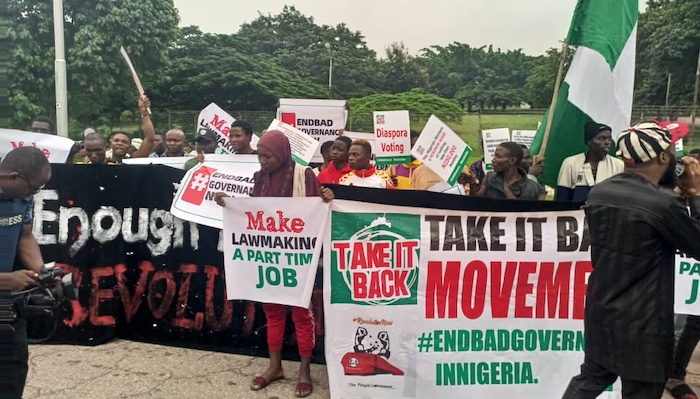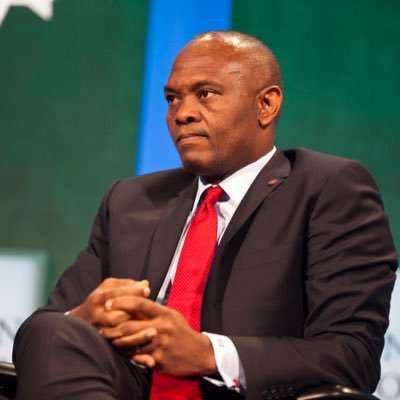Economic activities are beginning to gather pace in some parts of Nigeria following the first day of the #EndBadGovernance protest. However, in key cities like Lagos, Port Harcourt in Rivers State, and Benin City in Edo State, protests continue as demonstrators demand improvements in the harsh economic conditions.
In Lagos State, protesters gathered in Ojota, with security operatives present to ensure a peaceful exercise. The state’s Commissioner for Information, Gbenga Omotosho, addressed the crowd, assuring them that the government would address their demands.
A similar scene unfolded in Port Harcourt, where residents continued their daily activities while protesters marched from Pleasure Park and camped in front of the Federal Secretariat. Police authorities later addressed them.
In the nation’s capital, Abuja, hundreds of protesters converged at the Berger Roundabout. Police operatives fired tear gas to disperse the demonstrators, who later reconvened at the Moshood Abiola Stadium.
Kaduna, however, remains relatively calm with no signs of protests on the streets.
The first day of the protest was largely peaceful across the 36 states and the FCT. However, states like Kano, Kaduna, Katsina, and Borno witnessed violence, killings, and looting, prompting the imposition of curfews.
Calls for the protests had reached a crescendo on social media in the days leading up to the demonstrations. Young Nigerians, battered by economic hardship that has seen the naira greatly devalued and the cost of essential items soar, urged the government to restore the subsidy on petroleum and address other issues.
Despite stern warnings from security agencies, including the police and the Department of State Service (DSS), the protests proceeded nationwide. President Bola Tinubu, after months of negotiations, had signed a new minimum wage of N70,000 and announced other measures, including the distribution of palliatives, in a bid to avert the protests.
Nonetheless, millions took to the streets across the nation. On Thursday, Inspector General of Police Kayode Egbetokun placed officers on red alert, citing incidents of violence against security personnel.
“Police stations have been destroyed. There have been attempts to take over government houses,” Egbetokun said. “In places like FCT, Kaduna, Kano, and Gombe, among others, we recorded incidents of unprovoked attacks on our security personnel where one policeman has been reported murdered and others seriously injured. In light of the current situation, the Nigeria Police Force has placed all units on red alert. Our officers are fully mobilized and prepared to respond swiftly and decisively to public safety and order.”
The Organised Civil Society criticized the firing of tear gas at protesters in some parts of the country.
“The anti-hunger protesters, sensing danger and possible violent clash, decided to quietly move in peaceful procession to the Eagle Square, where they had earlier designated to hold their peaceful protest,” the United Action Front of Civil Society said in a Thursday statement. “On getting to the Eagle Square, security agents swooped on them and unleashed mayhem on peaceful protesters with tear gas canisters, injuring several unarmed and defenseless protesters, with three protesters reported to have fainted.”
While the organizers plan for the protests to last ten days, authorities hope the demonstrators will reconsider their plans.






